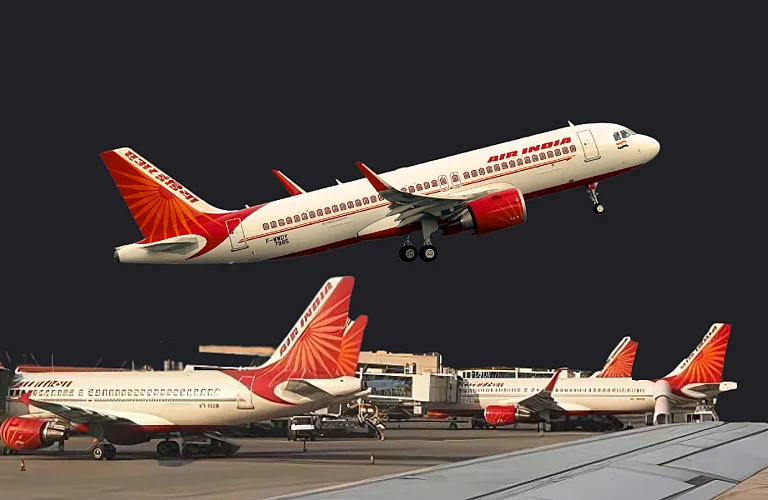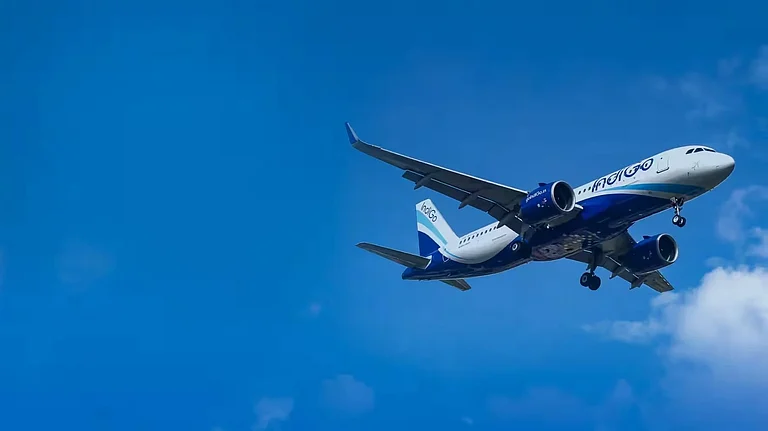Directorate General of Civil Aviation (DGCA) had flagged issues related to the over-usage of several aircraft components to three top-level officials of Air India. The regulator had raised these concerns in a show cause notice issued to the officials' days ahead of the Ahmedabad plane crash in June. A day after sending the notice, the watchdog had sent a warning letter to Air India CEO Campbell Wilson and its head of engineering, flagging problems with malfunctioning business class seat belts in a flight to Toronto, the Economic Times reported.
Apart from this, nearly 15 aircraft of the Tata Group airline have been functioning reportedly without a certificate of airworthiness, a crucial check that ensures safety and security in air travel. The maintenance-related issues with Air India persisted even after three years of homecoming. The Tata Group airline was privatised in 2022.
“We found at least 15 aircraft that do not have a Certificate of Airworthiness. I am not surprised by these findings, but what I am surprised with is that similar issues persist three years after change in ownership,” ET reported, citing a consultant.
While the airline has come under the national and international radar for maintenance-related issues, AI Engineering Services (AIESEL), which provides crucial engineering services to the Tata Group airline, has been largely away from scrutiny. While Air India was privatised, AIESEL still remained under government ownership. Poor record-keeping history of aircraft maintenance-related data by AIESEL is another significant lapse that reportedly contributes to issues with Air India. These records provide detailed information regarding an aircraft’s maintenance history, including routine inspections, repairs and replacement of parts.
“A lot of questions are being asked by the regulator and the management. Engineering and flight operations are the core pillar which can make or break an airline,” an Air India engineer told ET.
When the lapses with AIESEL’s record maintenance came to light, the airline had reportedly shifted to a newer generation system called AMOS and had imported all records in 2024.

































